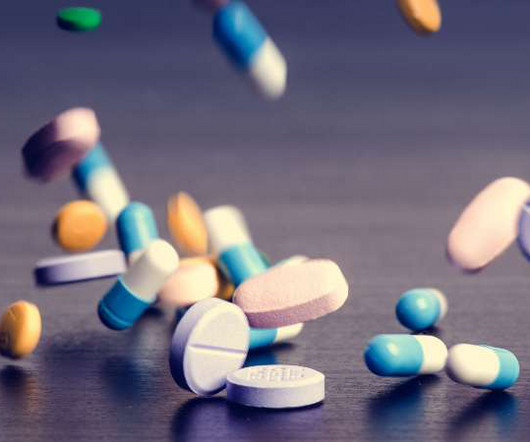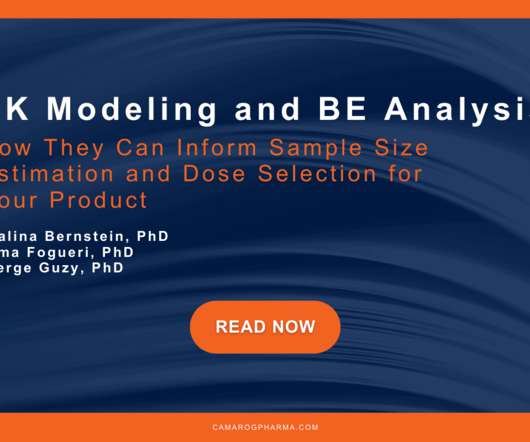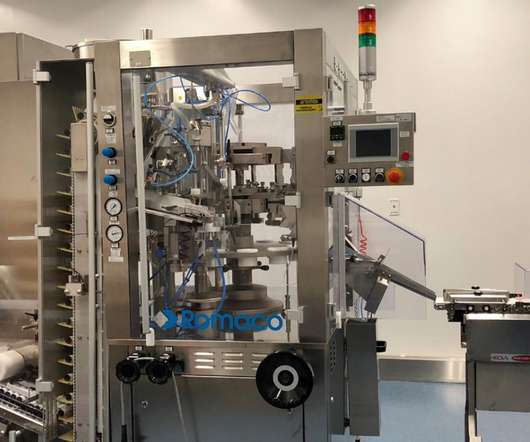Pioneering access to complex generic products
Drug Discovery World
AUGUST 22, 2023
In many cases, it is also challenging to apply traditional bioequivalence methods or to ensure clarity about the comparison model (in-vitro/in-vivo) needed to gain health authority approval. Off-patent medicines today account for about 80% of global prescriptions at an estimated 20% of the total cost. What are complex generics?












Let's personalize your content